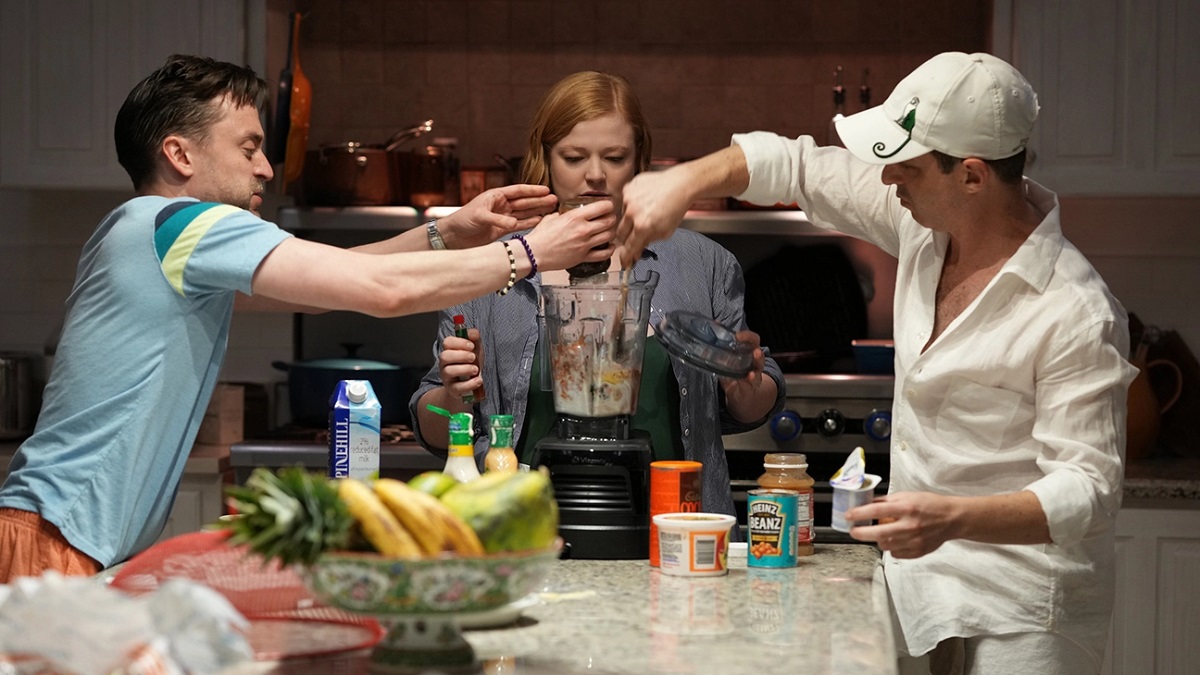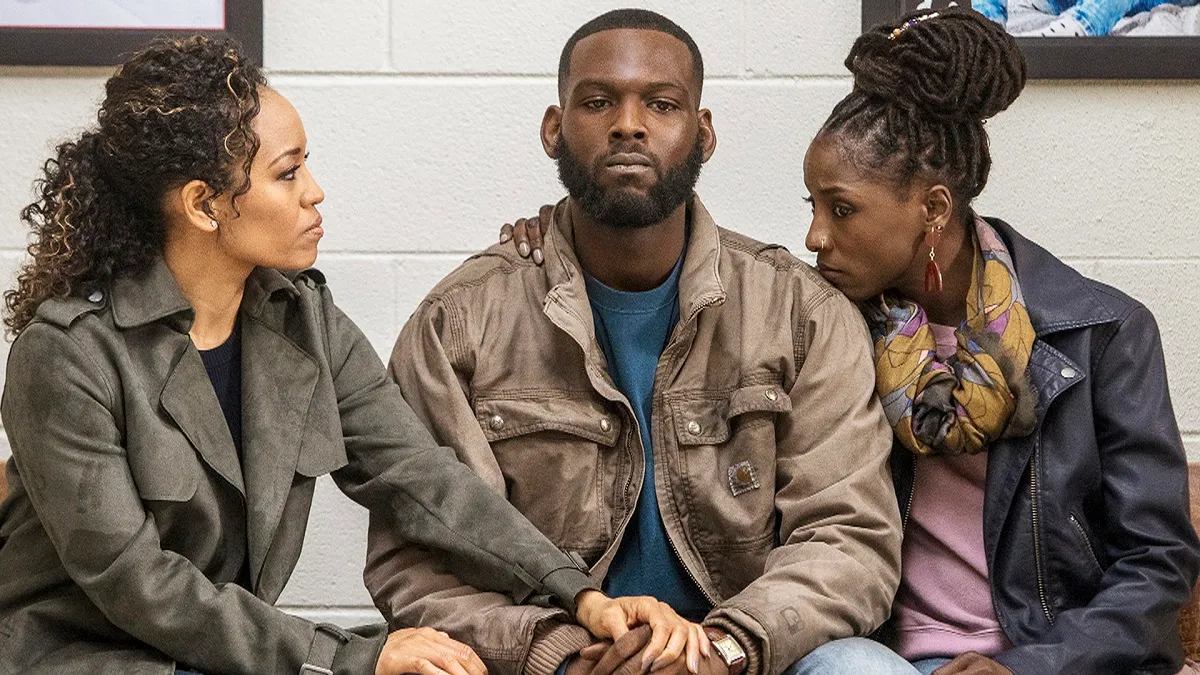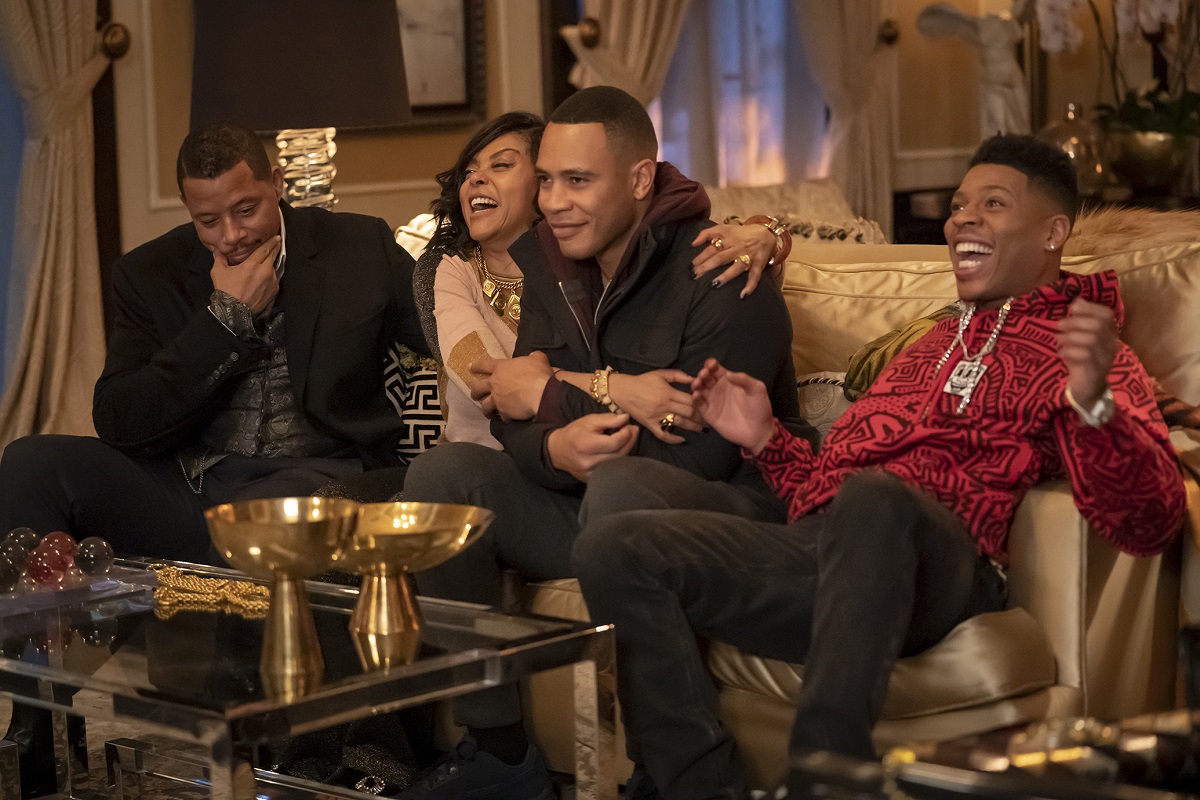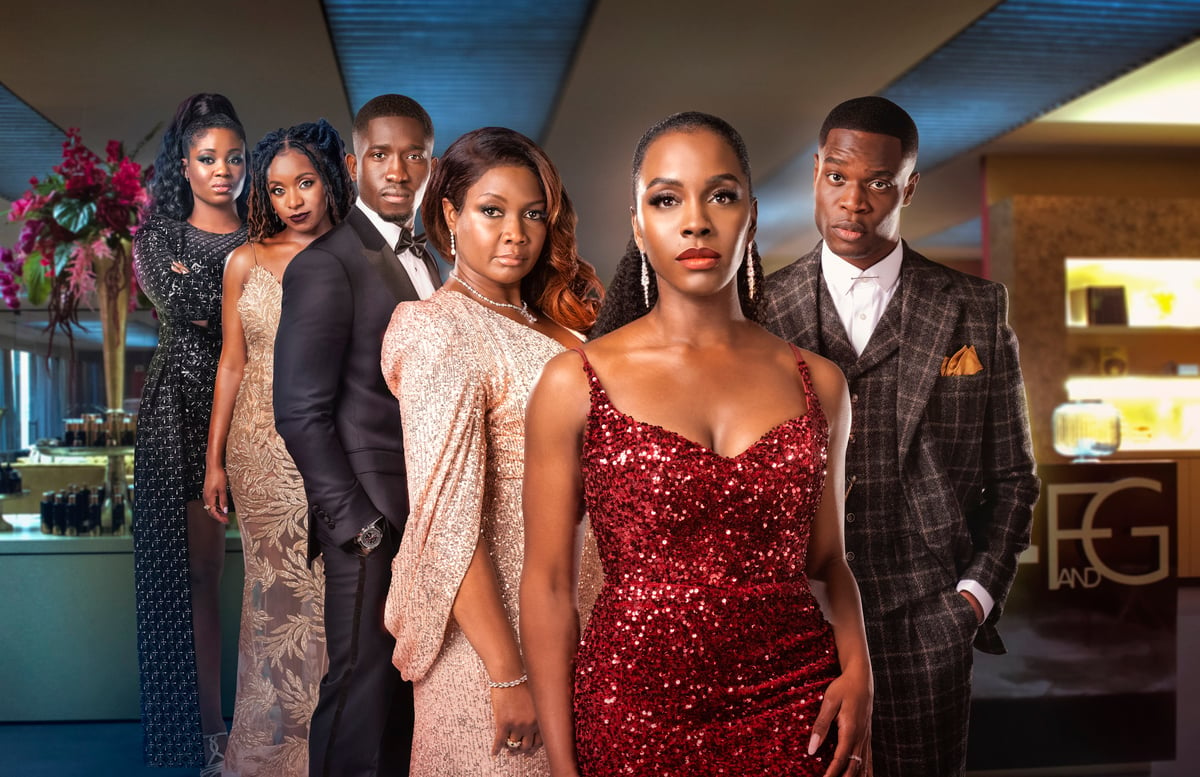Why Rich, Unlikeable White Families Make For Reliably Funny TV

I often joke that one of my favorite genres of TV is “Rich White People Doing Stupid, Rich White People Sh*t.” There’s something extremely entertaining about watching privileged people bicker about priorities I don’t share and hurt each other with access to money I don’t have. There are many shows like this, where a patriarch passes the family business down to his children, causing rifts in their relationships as they fight for the most expensive prize of all: Daddy’s Love.
Popculturebrain on Instagram basically sums up the TV formula in one great, 30-second video:
When you juxtapose Succession, Arrested Development, and The Righteous Gemstones, it’s easy to see the similarities in their stories. They’re also all comedies. Yes, even Succession, which is an hour-long satire. Though even the most sympathetic characters are still pretty unlikeable, you never hate anyone enough to stop watching, because it’s too much fun to watch them flail and fail.
When thinking about shows like this, it occurred to me that comedies using this formula have something else in common. They all center on white families.
Comedy is about “punching up”

I tried to think of examples of similar stories that feature People of the Global Majority, and the first one I thought of was OWN’s Queen Sugar.
Queen Sugar tells the story of the three adult, Black children of a sugar farmer in Louisiana who dies, leaving behind the family sugar plantation and business. Based on a novel by Natalie Baszile, Queen Sugar was a compelling series that mixed soapy melodrama with incisive social commentary, and a realistic depiction of Black people of various classes, education levels, and circumstances.
Since it centered on Black people and had a Black creator, it could find moments of humor within the drama, because the humor came from within the group. I remember some really incisive and darkly funny conversations between the wealthier, celebrity members of the family and the more middle/working-class members about how money and fame shielded them from many of the more negative “Black experiences.”
But Queen Sugar certainly wasn’t a wacky comedy or even a subtle satire where the children get to plot and scheme with impunity. Each of the Bordelon children’s choices had so much weight and bore so many consequences.
Stories about white patriarchs and their heirs work as comedies because of the important comedy concept of “punching up.” Comedy works best when people with less societal privilege make fun of people who are at the same level or higher up on the privilege ladder than the person telling the jokes. This is why, if you hear a group of workers telling jokes about their bosses, you’d be more likely to laugh. But if you heard a room full of CEOs making jokes at their workers’ expense, it’d hit differently and they’d sound like unfunny jerks.
So, it’s easy for most viewers to laugh at wealthy white people’s shenanigans, because wealthy white people are above most people on the ladder, including not-wealthy white people. I wonder if white billionaires find Arrested Development or Succession funny?
White families have an easier time building generational wealth

Another show about a Black patriarch choosing successors to his company was FOX’s Empire. A former drug dealer turned hip-hop mogul (Terrence Howard) is diagnosed with ALS and must decide who among his sons will take over his record company. In the show’s pilot, his ex-wife (Taraji P. Henson) gets out of prison after serving 17 years for the drug trafficking that allowed them to start the company and make the family fortune, taking the fall for him and losing her share of company control in the process.
Once again, this rare example of a story involving wealth in a Black family is a drama. Since Black families have continually been prevented from building generational wealth throughout U.S. history—be it through racist legal maneuvering like “redlining,” unrelenting violence against Black people, and the destruction of Black businesses in neighborhoods where Black families had started to prosper, nipping wealth creation in the bud—it may be difficult to find humor in a Black family struggling to hold onto a company.
The patriarch in Empire started out as a drug dealer before getting into the music industry. While there’s usually a crime behind every family fortune, crimes have very different implications for Black families than they do for white ones. Empire starts with the family matriarch having already served nearly two decades in prison for their crimes, having lost not only her control in the company but her connection to her children.
Arrested Development, on the other hand, starts with its patriarch getting arrested for his corrupt business dealings, meaning that he was getting away with his crimes for a while. He then continues trying to maneuver his dwindling wealth and manipulate his family from prison in countless attempts to evade the law, because on some level he knows he can. The prison experience for a wealthy, white man is very different than that experienced by a Black woman who isn’t wealthy.
So yeah, shows like Empire and Queen Sugar can be soapy and melodramatic as hell. But they aren’t generally funny.
But, could they be? And if so, how?
More creators of the Global Majority mean diverse versions of this story

There are other shows out there right now featuring wealthy Black patriarchs passing companies down to their heirs. One, that has drawn lots of comparisons to Succession, is Amazon Prime’s Riches, which is a British show that centers on a Nigerian-British family. Another recent addition is OWN’s The Kings of Napa, which centers on a Black family in California wine country.
Like Empire and Queen Sugar before them, these shows are firmly dramas. While it’s important that each of these shows exists, it’s equally important that there be diversity among shows depicting wealthy Black families in terms of genre and point of view.
Also, where are my U.S. shows about wealthy Latine families who aren’t drug cartel families? There are plenty of telenovelas from Latin America to tide me over in the meantime, I guess.
Perhaps, as more creators of the Global Majority tell their stories on American television, we’ll start to get the shows demonstrating how we can laugh at messed-up, wealthy people of color the same way we get to laugh at rich white ones.
Thanks to the delusion of white supremacy, mainstream audiences have an unconscious bias toward finding the humor in and sympathy for flawed, unlikeable white characters. Perhaps Black creators feel that pressure and want to ensure that if they create nuanced and potentially unlikeable Black characters, they at least be presented powerfully in a dramatic story.
After all, both Succession and Empire have much older dramas like Shakespeare’s King Lear and James Goldman’s The Lion in Winter in their DNA. White people have had a huge head start both when it comes to amassing wealth to pass on to their descendants and telling stories devoted to the dynamics of their wealthy families through a dramatic lens. It makes sense that after centuries of this genre, television allows for some of those stories to be told comedically.
Creators of the Global Majority have only within the past few decades risen up the ladder in Hollywood enough to take charge of telling all sorts of stories about their communities, including stories about the wealthy and terrible. Perhaps those creators want more time to build a dramatic TV canon about wealthy family shenanigans before giving us an Arrested Development or Righteous Gemstones-like comedy.
But I hope they do eventually! Because there can just as easily be “money in the Jamaican beef patty stand.” Or “money in the empanada truck.” I just hope we don’t have to wait centuries for a show like that to happen! And if I’m missing a great example of such a comedy, please enlighten me in the comments!
(featured image: MAX)
Have a tip we should know? [email protected]